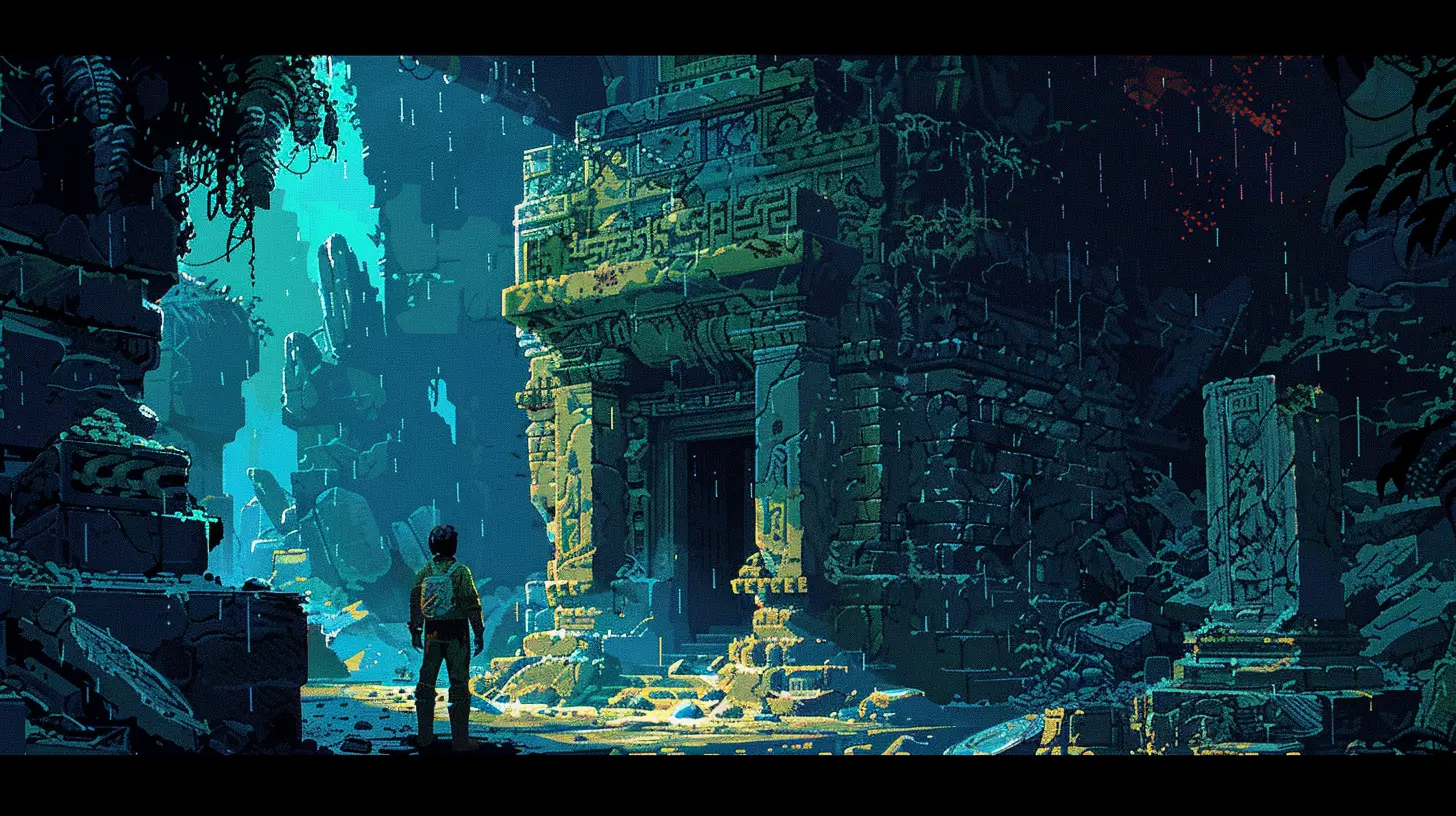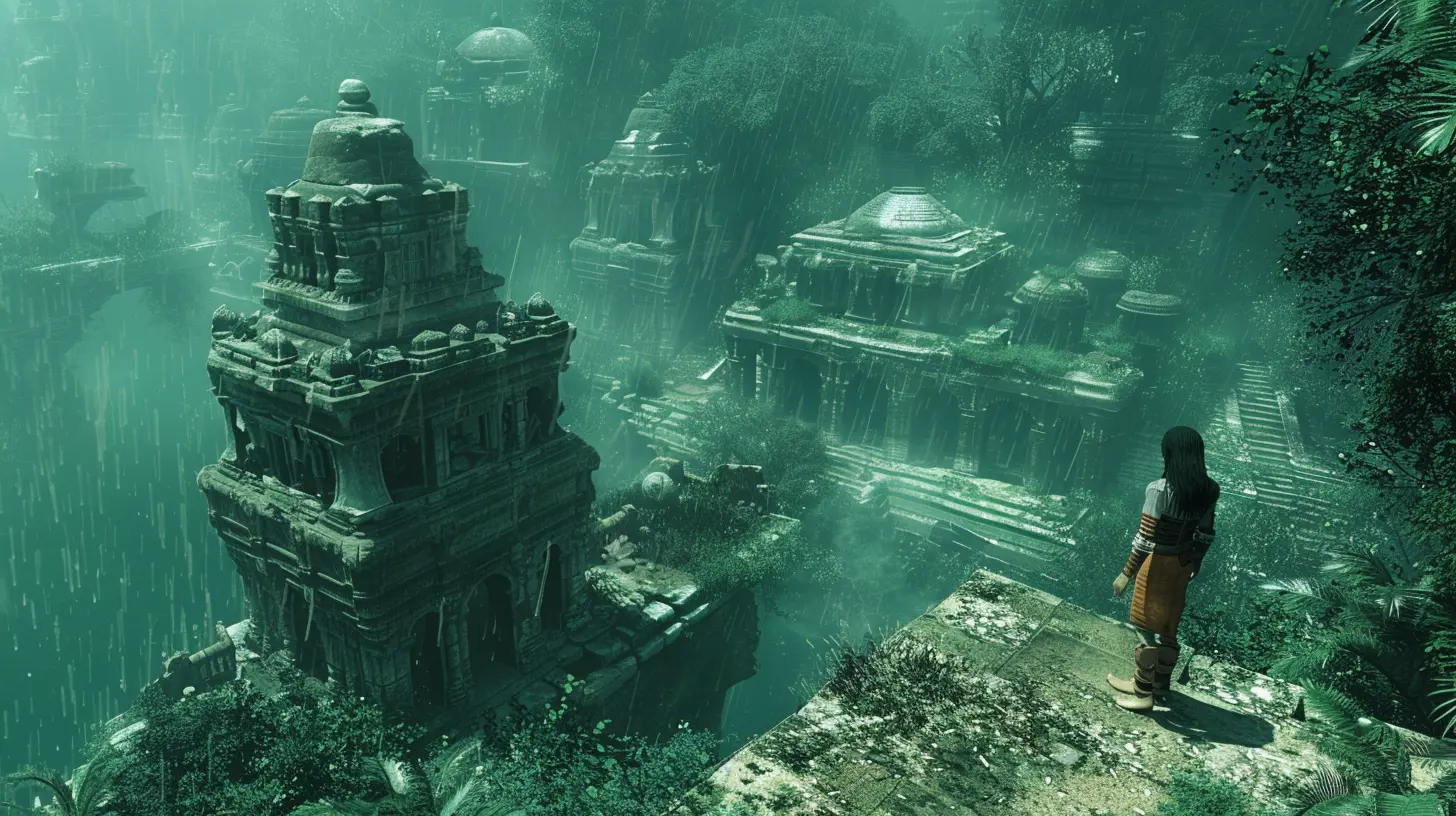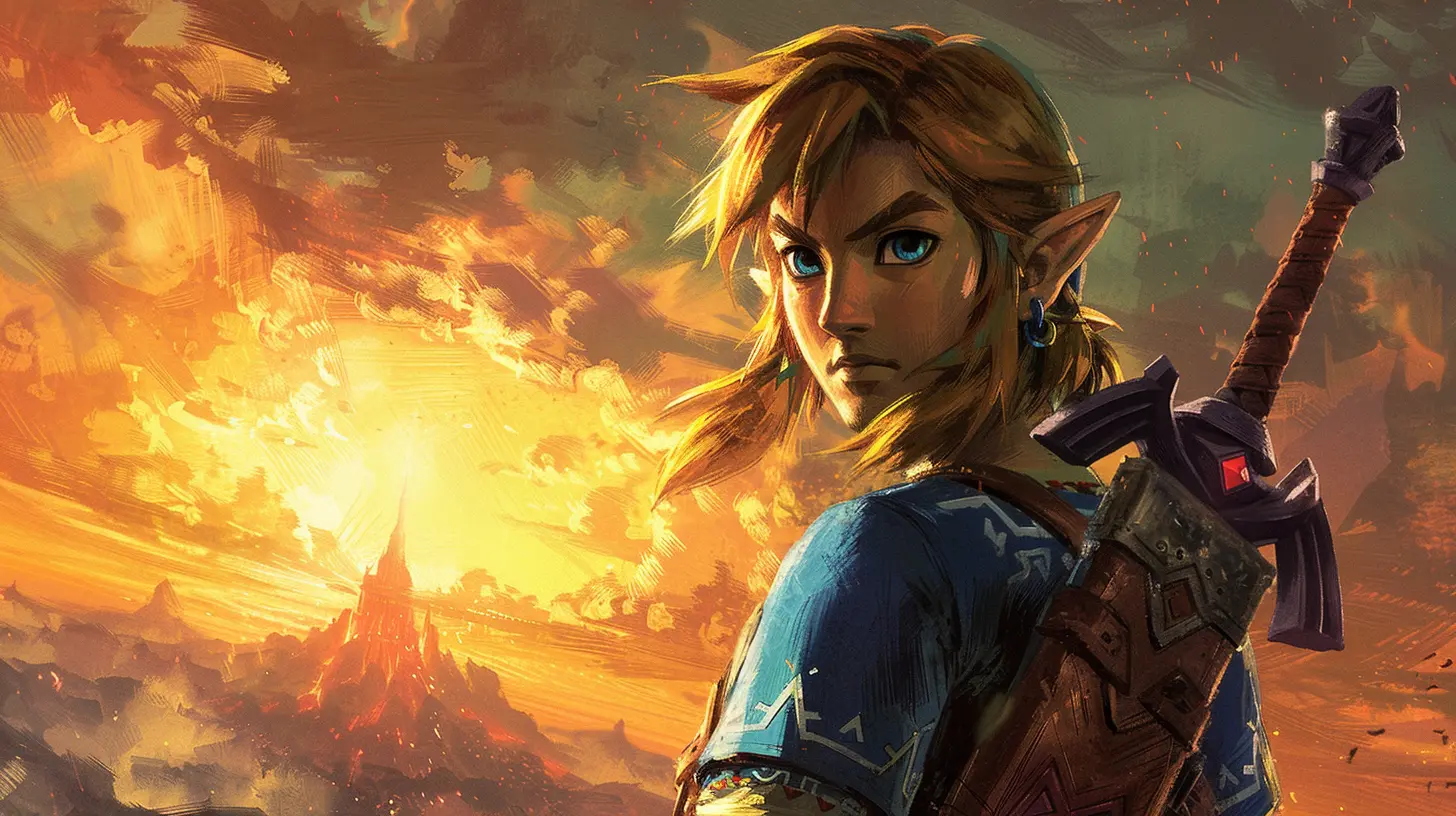Revisiting Legendary Adventure Game Franchises
4 November 2025
Do you ever miss the good ol’ days when video games weren’t just about flashy graphics and battle royales, but about unraveling mysteries, solving puzzles, and getting lost in a story so immersive that you’d spend hours just trying to figure out what happens next? Yeah, me too. Adventure games hold a special place in so many of our hearts. They’re like comfort food for your brain—challenging, exciting, and deeply satisfying when you finally figure out how to get past that impossible puzzle.
In this article, we’re going to take a walk down memory lane and revisit some of the most legendary adventure game franchises that defined the genre. These aren’t just games; they’re experiences that shaped how stories are told in the interactive entertainment world. Whether you’re an old-school fan looking for nostalgia or a newcomer curious about what made these games so iconic, you’re in for a treat.
The Timeless Magic of Adventure Games
Before diving into specific franchises, let’s take a moment to appreciate what makes adventure games so unique. At their core, these games are all about the journey, not just the destination. Unlike other genres that rely heavily on twitch reactions or competitive elements, adventure games challenge your mind and engage your emotions. They ask you to think critically, dig deeper, and sometimes, just click on everything in frustration (you know what I’m talking about).These games are like the novels of the gaming world. They offer a slower, more thought-provoking experience that encourages exploration, both of the world within the game and of yourself as a player. And let’s be honest, some of these games are so iconic, they’ve basically become legends.
Monkey Island: The King of Swashbuckling Adventure
First on the list? The Monkey Island series. If you’ve never heard the name Guybrush Threepwood, I hate to break it to you, but you’ve missed out on one of the most hilarious, charming adventure games ever made. Created by LucasArts, this pirate-themed series is famous for its witty dialogue, quirky characters, and unpredictable puzzles.From sword-fighting with insults (yes, that’s a thing) to dealing with ghost pirates, The Secret of Monkey Island and its sequels are the very definition of creative brilliance. The game doesn’t just tell you a story; it invites you to become part of its bizarre, wonderfully absurd world. And let’s face it, the humor is timeless. I mean, who doesn’t want to trade snarky comebacks with a ghost while trying to figure out how to escape from a haunted ship?
Myst: The Pioneer of Atmospheric Gaming
Ah, Myst. Even the name feels mysterious, doesn’t it? If the Monkey Island series represents humor and whimsy, Myst is its quieter, introspective cousin. Released in 1993, this game was a groundbreaking achievement in gaming history. It didn’t have dialogue, combat, or even much guidance. Instead, it dropped you on a strange, beautiful island and told you, “Figure it out.”The beauty of Myst lies in its simplicity. The puzzles are intricate and often difficult, but every solution feels like an accomplishment. Exploring the different “Ages” of Myst was like opening the pages of a surreal, interactive art book. Its sequels, like Riven and Myst III: Exile, only expanded the lore and deepened the sense of wonder. For many gamers, Myst wasn’t just a game; it was an experience of pure exploration and curiosity.
The Legend of King's Quest
If there’s one name that’s synonymous with adventure games, it’s Sierra Entertainment. And out of Sierra’s treasure chest of classics, King’s Quest reigns supreme. Created by Roberta Williams, this fairy tale-inspired series set the standard for point-and-click adventures in the 1980s and ’90s.Each game in the series follows the royal family of Daventry—typically King Graham or his descendants—on magical quests. The puzzles were challenging, the worlds were vast, and the stories were full of charm. But let’s not act like it was all sunshine and roses; King’s Quest could be brutal. You’d save your game every five minutes because there was always a chance you’d do something irreversible—or die in the most unexpected way possible. But hey, those challenges were part of the fun, right?
The Grim Fandango Experience
Now, let’s talk about Grim Fandango. If Monkey Island is the quirky class clown and Myst is the quiet artist, Grim Fandango is the sophisticated storyteller. This LucasArts masterpiece combines a noir detective story with Mexican folklore to create something truly special.You play as Manny Calavera, a travel agent for the dead, helping souls journey to the afterlife. Sounds dark? It is. But it’s also incredibly witty and heartfelt. The game’s art direction—think Day of the Dead meets film noir—still holds up today, and the narrative is one of the best in gaming history. Honestly, if you haven’t played this gem, you’re missing out on one of gaming’s most unique experiences.
Broken Sword: The Perfect Blend of History and Mysticism
For fans of global intrigue and clever storytelling, Broken Sword is a must-play. This series, developed by Revolution Software, follows protagonist George Stobbart and his companion Nico Collard as they unravel conspiracies involving Templars, ancient artifacts, and secret societies.What’s great about Broken Sword is how it blends humor with serious storytelling. One moment, you’re cracking jokes with a vendor in Paris; the next, you’re deciphering clues to uncover a centuries-old mystery. It’s like playing through a Dan Brown novel but with more charm and fewer plot holes.
The Modern Resurgence of Classic Adventure Games
You might be thinking, “Okay, but aren’t adventure games kind of a dying genre?” Not so fast. While they’re not as mainstream as first-person shooters or open-world RPGs, the spirit of adventure games is alive and well. Studios like Telltale Games (before their initial closure) and modern indie developers have kept the genre relevant by combining classic elements with modern storytelling.Games like The Walking Dead, Life is Strange, and Oxenfree prove that there’s still a hunger for narrative-driven adventures. Even old classics like Monkey Island have seen reboots or remastered editions, bringing them to a whole new generation of players.
Why These Games Matter Today
So, why should we still care about these older franchises? Because they remind us of the power of storytelling in games. In a world of microtransactions, loot boxes, and endless grindfests, adventure games take us back to a time when the story was the star of the show. They pushed boundaries with their creativity and showed us that games could be more than entertainment—they could be art.And let’s not forget the nostalgia factor. Playing these games again (or for the first time) feels like reconnecting with an old friend who reminds you of simpler times. It’s comforting, exciting, and inspiring all at once.
Wrapping It Up
Revisiting these legendary adventure game franchises is like opening a time capsule of gaming history. Each one offers something unique, whether it’s the humor of Monkey Island, the mystery of Myst, or the artistry of Grim Fandango. They’re more than just games; they’re pieces of interactive storytelling that have stood the test of time.So if you haven’t already, go ahead and give these classics a try. And if you’ve played them before, maybe it’s time to dust off those old CDs (or download the remastered versions) and dive back in. Adventure awaits—are you ready?
all images in this post were generated using AI tools
Category:
Adventure GamesAuthor:

Lana Johnson
Discussion
rate this article
1 comments
Theodora Blair
Rediscovering legendary adventure games reminds us of the magic in storytelling and exploration. Each revisit sparks nostalgia and inspires new generations of gamers. Let’s celebrate these timeless classics, as they continue to ignite our imaginations and passion for adventure!
November 9, 2025 at 4:51 PM

Lana Johnson
Absolutely! Revisiting these classics not only fuels nostalgia but also introduces their magic to new gamers, keeping the spirit of adventure alive for all generations. Let’s cherish and celebrate these enduring tales!


